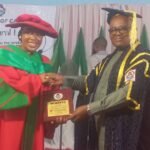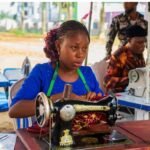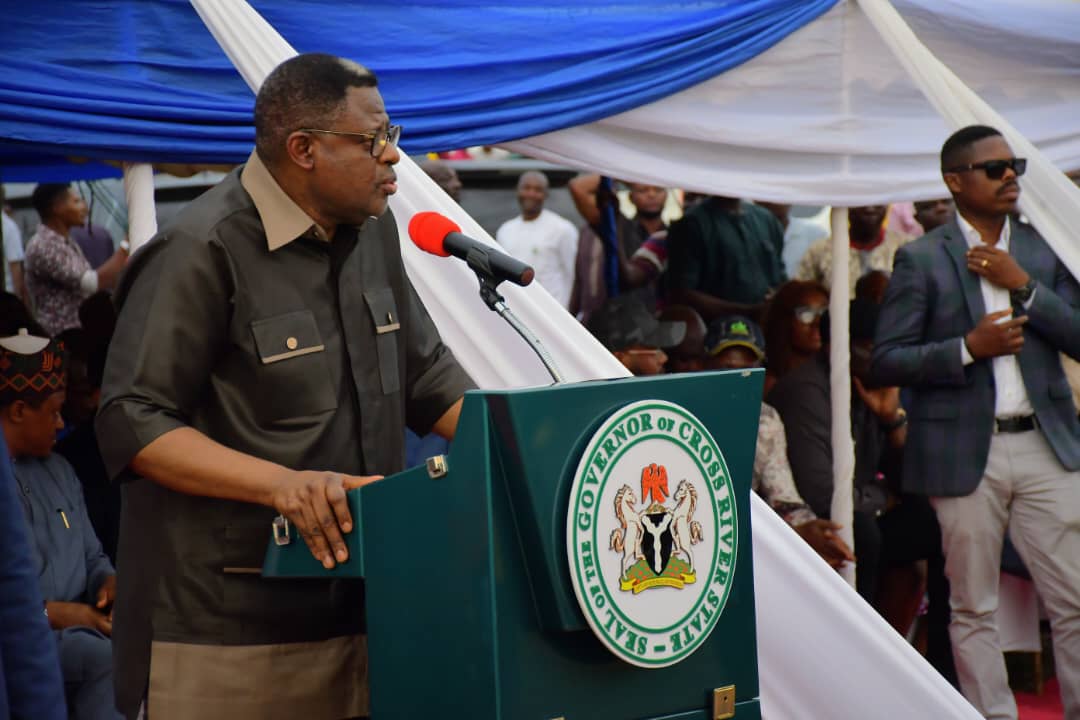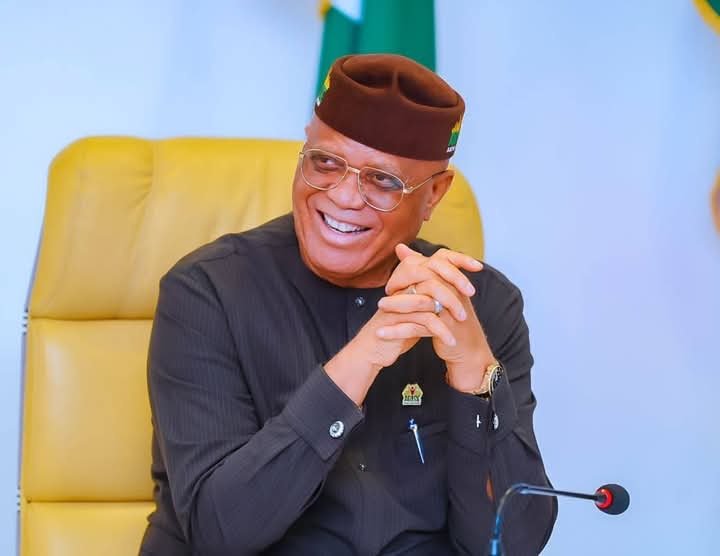Gov. Bassey Otu
By Ita Williams, Calabar
The people of Ifako village in Odukpani Local Government Area of Cross River State have cried out against the lack of government presence and basic amenities in their community, pleading for urgent intervention from the state authorities.
During a fact finding visit by Pillar Today, to asertain the extent of development in the area on Tuesday, the indigenes of Ifako painted a grim picture of their long-neglected community, where essential infrastructure and social services remain elusive.
“It is very disturbing to note that we have been cut off from the national grid for more than nine years now,” laments Obon Ita Okon, the Chairman of the Okoyong Traditional Rulers Council. “We have been living in darkness, only seeing electricity when we travel out of our community. This is very distressing, and we have endured it for too long.”
Okon’s concerns are echoed by the dire state of the community’s road network and education system. “We have no good motorable roads in our villages,” he says. “Our people can’t take their agricultural products to the township, which is very disheartening. As we speak, we have no secondary schools, and our children have to trek to other villages to attend school.”
Deno Okon Akiba, a retired state civil servant, corroborates Okon’s statement, highlighting the additional challenge of primary school tuition fees despite the state government’s policy of free education.
“It is no more news that since the state governor, Sen. Prince Bassey Otu , announced free tuition for children in primary schools from 5-10 years, our children still pay normal school fees in Ifako,” Akiba said. “We don’t sleep with both eyes closed, as we have no police post in our area.”
Akiba pleaded for the establishment of a police station and a healthcare center in Ifako-Okoyong, to enhance the community’s security and access to medical services.
“I wish to use this opportunity to call on the police authority to as a matter of urgency, do the needful and establish a police post in Ifako-Okoyong to help check the excesses of insecurity in our community,” he said, adding “I also wish to use this chance to appeal to the state government to come to Ifako-Okoyong and establish a health center to enable our people to access quality healthcare and quick health services, as is the case in other communities across the state.”
The lack of basic amenities has severely impacted the lives of the Ifako residents, particularly the farming community. Mrs. Edet, a farmer and petty trader, laments the ongoing theft of crops and properties due to the absence of a police presence.
“Since there is no police post in Ifako-Okoyong, theft continues on a daily basis, taking away people’s properties and crops from our farmlands,” she said. “I am therefore sending my humble appeal to the state police command to please come to our aid and put a police sub-station here so that we can live without fear of the underworld.”
The community’s cries for help have fallen on deaf ears, leaving the residents feeling abandoned and neglected by the government they expect to serve them.
“We have been under dark as we only seen electricity if we travel out of our community, this is very disturbing and we have condoned these for a long time,” Okon lamented stating that, “no good motorable roads in our villages, our people can’t take their agricultural products to township and this very disheartening, as we speak we have no secondary schools, our children trek to other villages to attend schools, we therefore use this chance to called on the state government to take action quickly to also improve our lives.”
The poor situation in Ifako-Okoyong highlights the stark disparities in development and resource allocation across the state, where some communities appear to be left behind in the pursuit of progress.
As the residents of Ifako continue to struggle with the lack of basic necessities, they remain hopeful that their cries for help will finally reach the ears of the state government, who they believe hold the power to transform their community and improve their quality of life.











